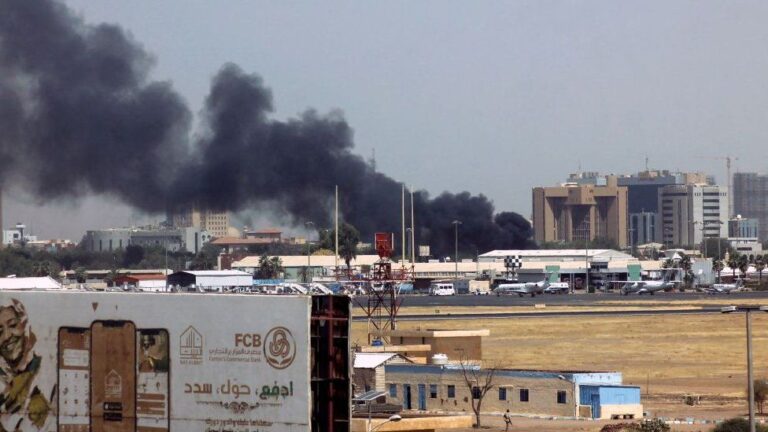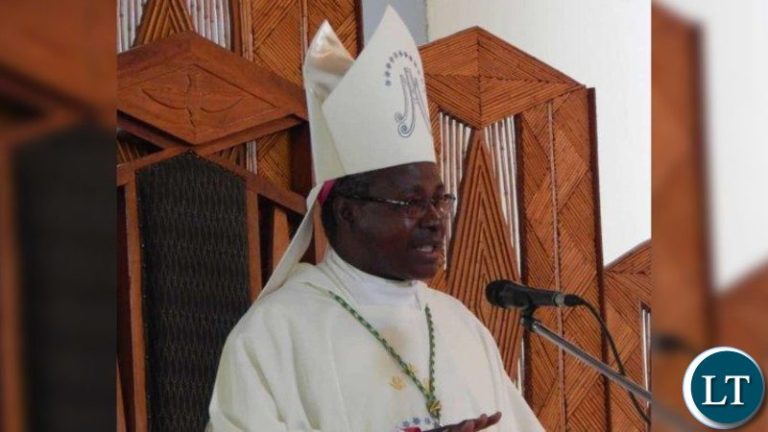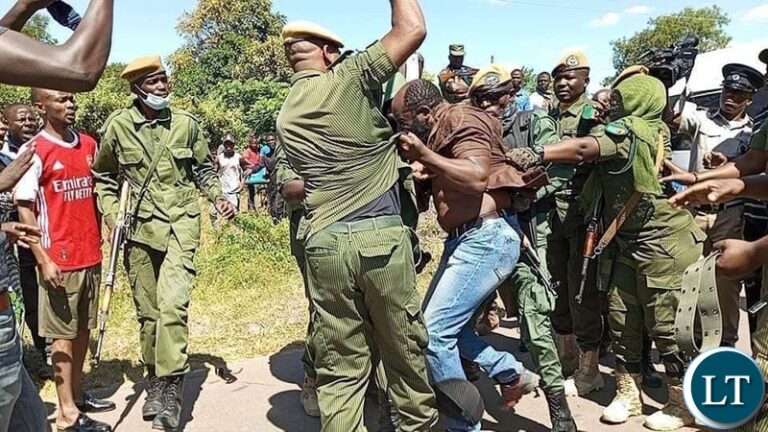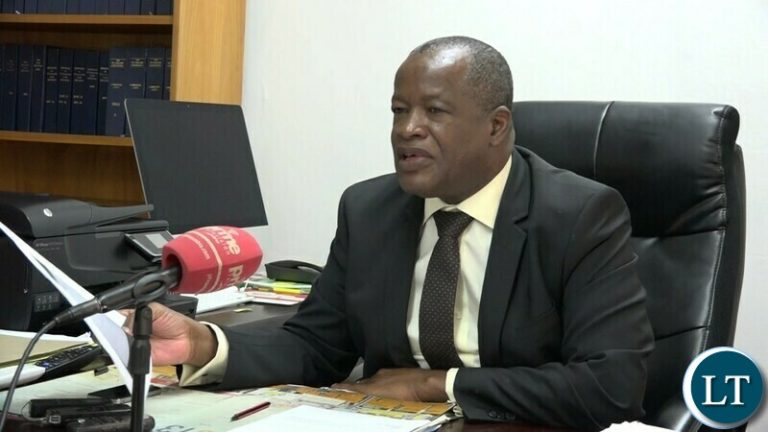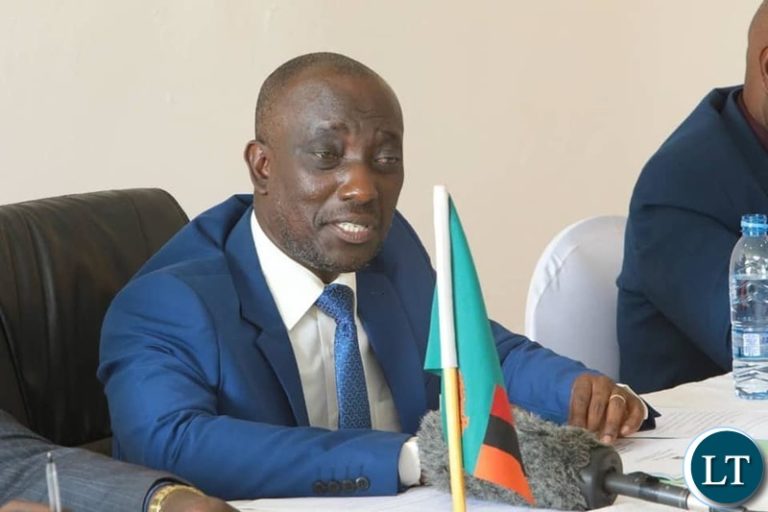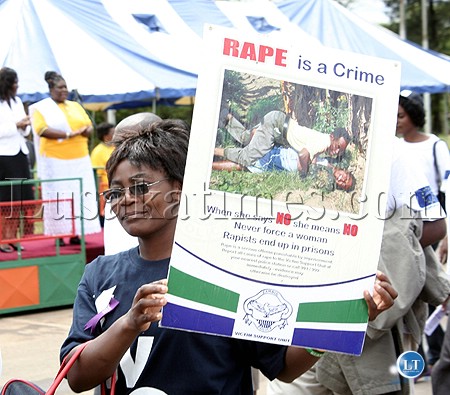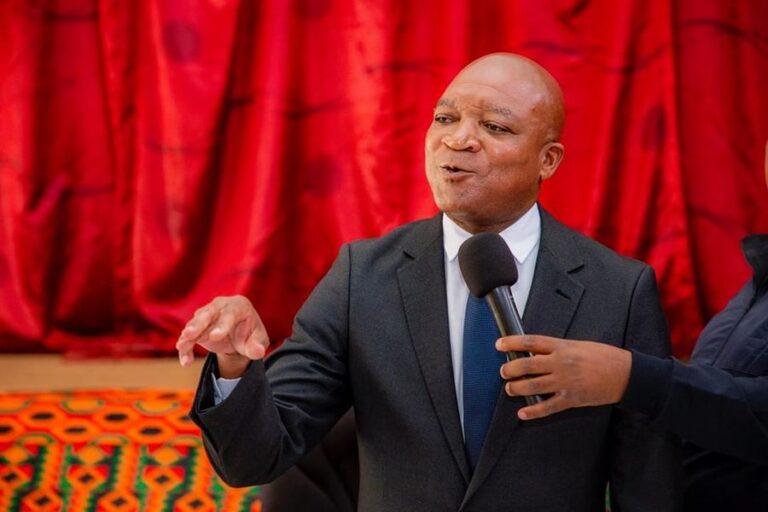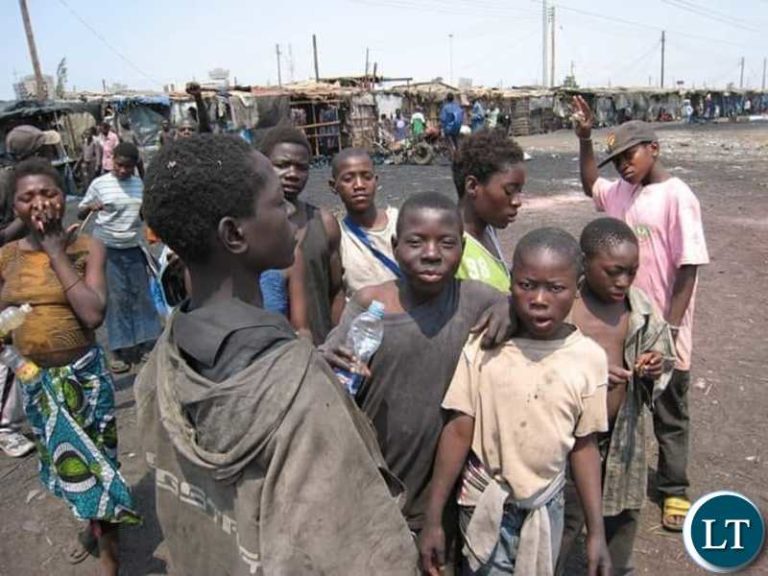Prominent veteran diplomat and retired politician Vernon Johnson Mwaanga has expressed deep concern over the intensifying conflict in Sudan. Dr. Mwaanga is urging the African Union (AU) to take more significant steps in restoring stability to the war-torn nation by collaborating with other international organizations.
Formerly Zambia’s envoy to the United Nations (UN), Dr. Mwaanga highlighted that the ongoing war in Sudan has resulted in the internal displacement of over 3.1 million people. He emphasized the urgent need for intervention to prevent further deterioration of the situation.
“Sudan is on the brink of collapse as forces loyal to two rival Generals battle for control of the resource-rich African nation. Fighting erupted in Khartoum on April 15, 2023, following weeks and months of tension between General Abdel-Fattah Burhan, Commander of the Sudanese Armed Forces (SAF), and General Mohammed Hamdan Dagalo, head of the Rapid Support Forces (RSF), a powerful Sudanese paramilitary group. These two men were once allies who jointly orchestrated a military coup in 2021, dissolving Sudan’s power-sharing government and derailing its short-lived transition to democracy following the ousting of longtime dictator General Al Bashir in 2019,” Dr. Mwaanga stated in a Sunday press release.
He continued, “In recent months, military and civilian leaders have engaged in negotiations aimed at establishing a power-sharing agreement to facilitate Sudan’s return to a democratic transition and end the political crisis. However, simmering tensions between the two Generals have escalated amid demands for the disbandment of the RSF and its integration into the regular army. The current armed conflict between these rival factions began in Khartoum but quickly spread to the troubled Darfur region, which has been a hotspot for more than 20 years. Sudan’s history of conflicts has been marked by foreign invasions, resistance movements, ethnic tensions, religious disputes, and resource conflicts.”
Dr. Mwaanga also recalled Zambia’s involvement in mediation efforts in Sudan, highlighting the country’s past role in promoting peace.
“Two civil wars between the central government and the southern regions claimed the lives of an estimated 1.5 million people, while the conflict in the western region of Darfur displaced over 2 million people and resulted in the deaths of more than 300,000. Since Sudan gained independence in 1956, the nation has experienced over 15 military coups, forcibly displacing 2.7 million people. Zambia and Tanzania, as frontline states, played crucial roles in mediating Sudan’s peace negotiations. As Foreign Minister of Foreign Affairs, I worked closely with my Tanzanian counterpart John Malecela and later with Benjamin Mkapa, who became President of Tanzania. We dedicated many months to Sudanese peace negotiations. One of the outcomes was the decision, backed by the United Nations, to hold a referendum in South Sudan, which enabled it to become an independent and sovereign state,” he explained.
The veteran diplomat emphasized that war, regardless of the reasons behind it, is repugnant and unacceptable. He lamented the dire consequences of the current conflict in Sudan, including the internal displacement of over 3.1 million people and more than 1.5 million Sudanese fleeing to neighboring countries such as Egypt, Chad, and Ethiopia. Dr. Mwaanga called for heightened AU mediation efforts, along with collaboration from other international organizations, to restore stability and bring an end to the suffering of the Sudanese people.


